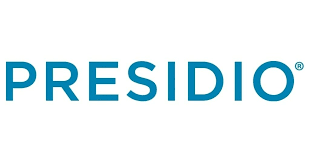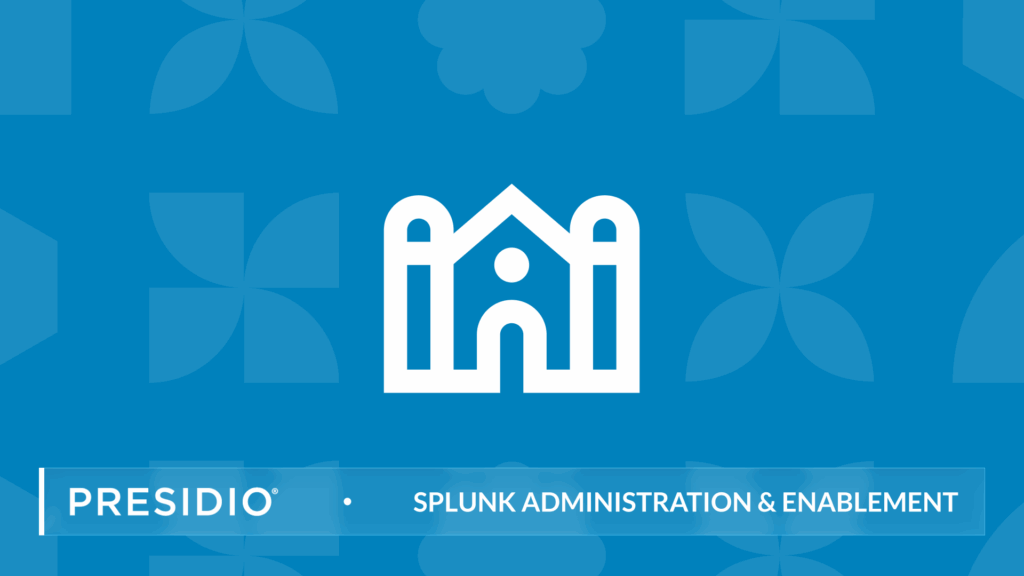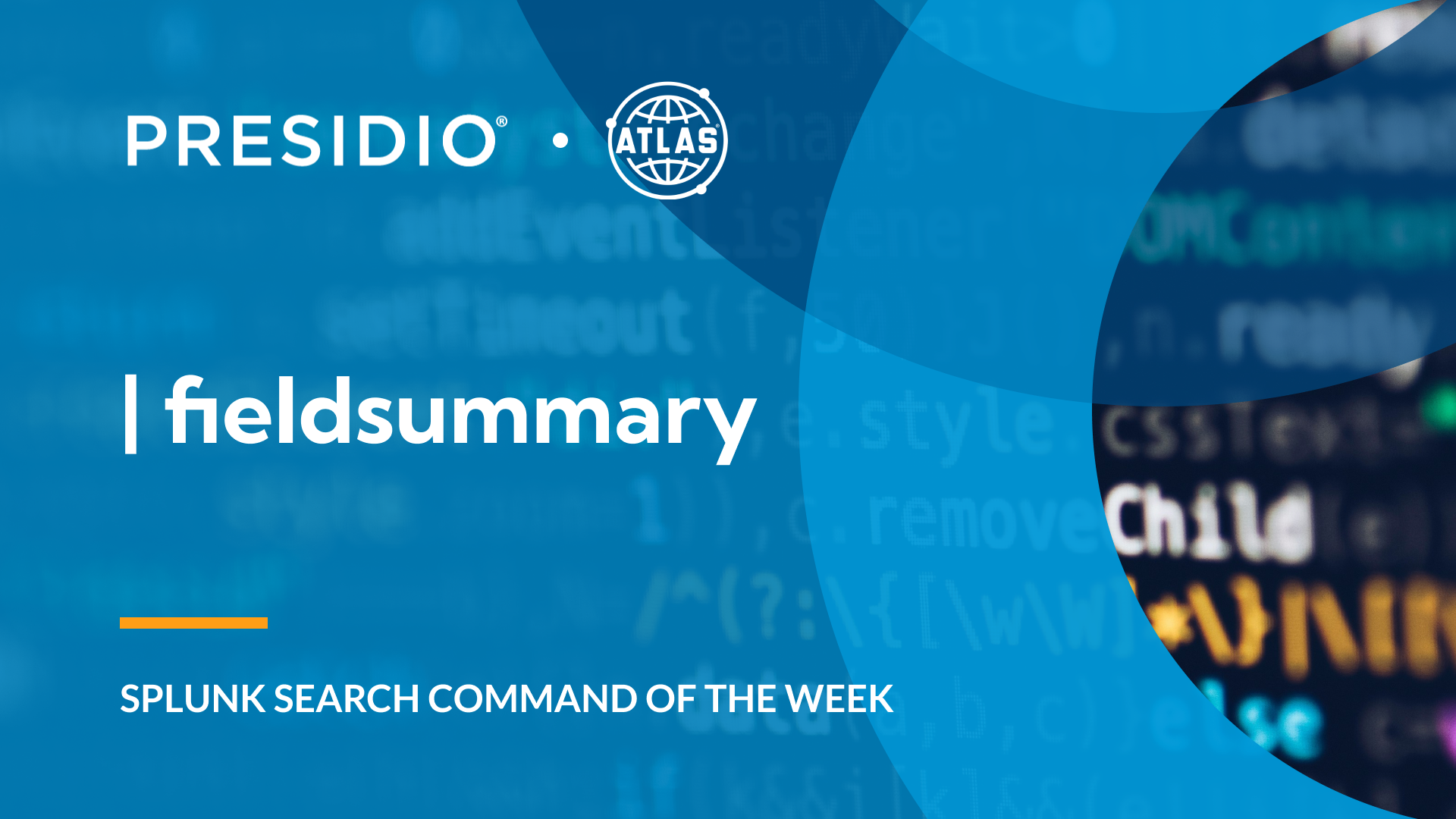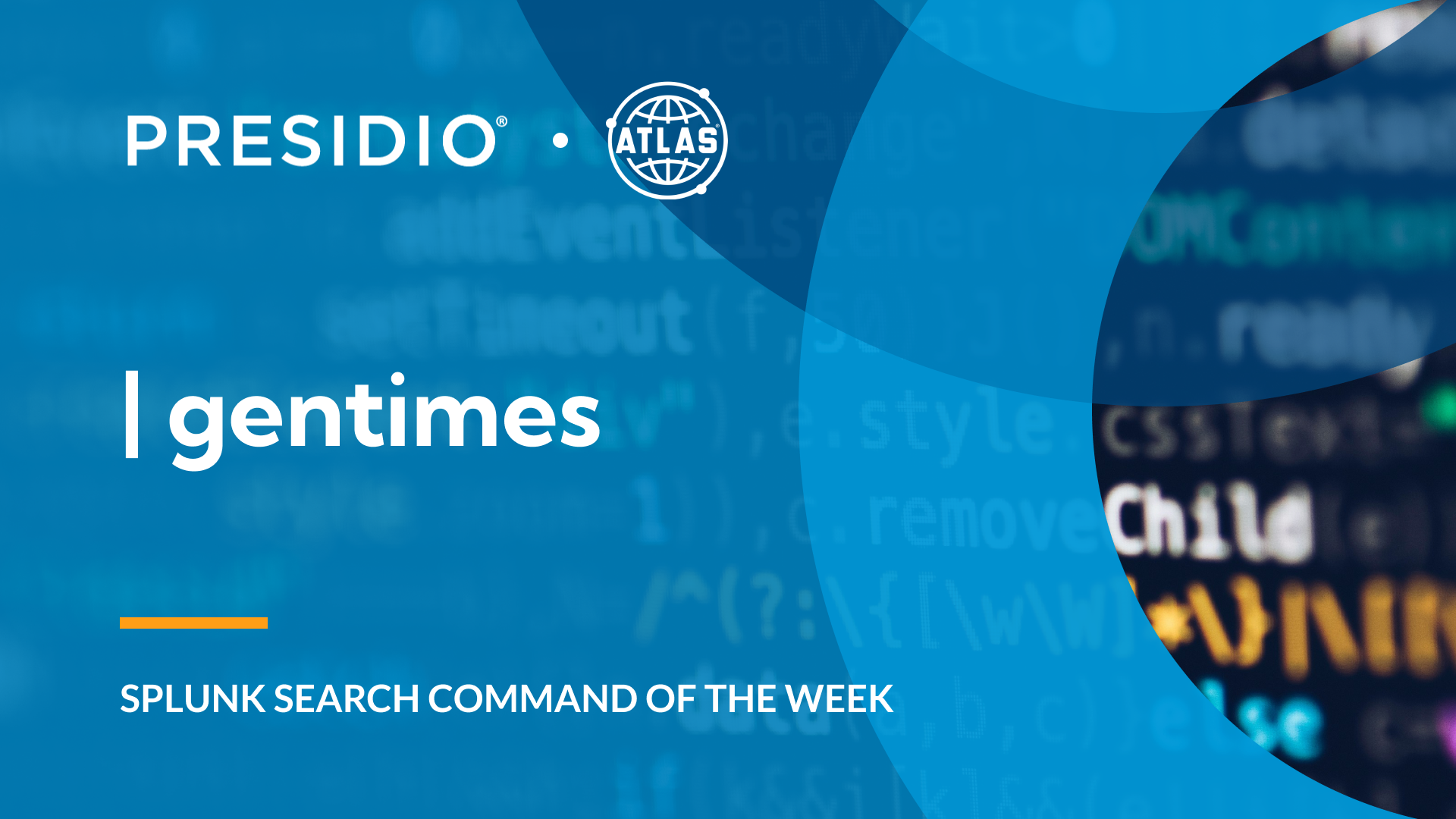When Poorly Managed Searches Increase Cost, & Reduce Performance
Splunk is an incredible platform for turning data into action, but without the right controls in place, it can quickly become costly and inefficient. A common culprit is unmanaged scheduled searches. Left unchecked, these searches can quietly drain compute power, slow down performance, and inflate license costs.
The solution is Search Governance: a structured, standards-based framework that ensures searches run efficiently, deliver the right insights, and keep your Splunk environment optimized for performance and cost-effectiveness.
Key elements of Search Governance include:
- Rules for how searches should be configured and how they should perform
- Optimization of inefficient SPL or poorly configured searches
- Continuous monitoring so old problems don’t creep back in
Why is Search Governance Important?
Without governance, scheduled searches can spiral out of control. Many organizations see SVC (Splunk Virtual Compute) usage spike on Splunk Cloud due to searches that run too often, take too long, or fail to target the right data. This leads to unnecessary license consumption and rising Splunk costs, along with poorer performance.
Benefits of implementing Search Governance:
- Reduce SVC usage and avoid license overages
- Keep Splunk environments fast and responsive
- Ensure admins spend time driving business value instead of firefighting search issues
3 Steps to Implement Search Governance
The process can be simple if approached step by step. At its core, Search Governance involves three major actions:
- Set and communicate rules for how searches should be configured
- Fix and optimize the searches that break those rules
- Continuously monitor search activity to prevent problems from coming back
Admins should focus on these provided rules first to quickly triage high-cost scheduled searches:
- Searches that run too frequently
- Searches that consume too many SVCs on Splunk Cloud
- Searches that have long run times
- Review SPL for performance gains
- Align it’s time range with its scheduling to prevent over-searching data
- Decrease it’s scheduling frequency so that it executes less often
As a last measure, searches that continue to break rules defined by Splunk Admins could be disabled until significant rework is done by the search owner. This is an essential step for large scale environments for managing user created searches that directly effect performance and license consumption.
How Atlas Automates Search Governance
While admins could manage Search Governance manually, it takes time that most teams don’t have. This is where Atlas, Presidio’s enablement platform for Splunk, comes in.
Atlas automates the governance process with out-of-the-box rules and customizable options. When a rule is broken, Atlas notifies the search owner of the infraction and provides a link to review the search. For admins, Atlas provides auto-remediation actions such as auto-disabling searches that breach rules for a set amount of time, enabling self-healing. The Search Hub dashboards then give admins visibility into who owns which searches, which ones consume too many resources, and where to act.
NOTE: Watch this video to learn more about how Atlas automates the Search Governance. To learn more about what Atlas can do, check out our Atlas Resources page.
The Outcome: Fast, Cost-Effective Splunk
Search Governance keeps Splunk efficient, cost-effective, and user-friendly. By leveraging automation through Atlas, organizations can ensure that scheduled searches never drag down performance or drive-up costs, while keeping admins free to pursue other tasks thanks to automation. The result is a Splunk environment that delivers insights faster, supports more users, and makes every license dollar count.
Ready to reduce Splunk costs and improve performance with Search Governance? Contact Presidio at splunksolutions@presidio.com to see Atlas in action.






